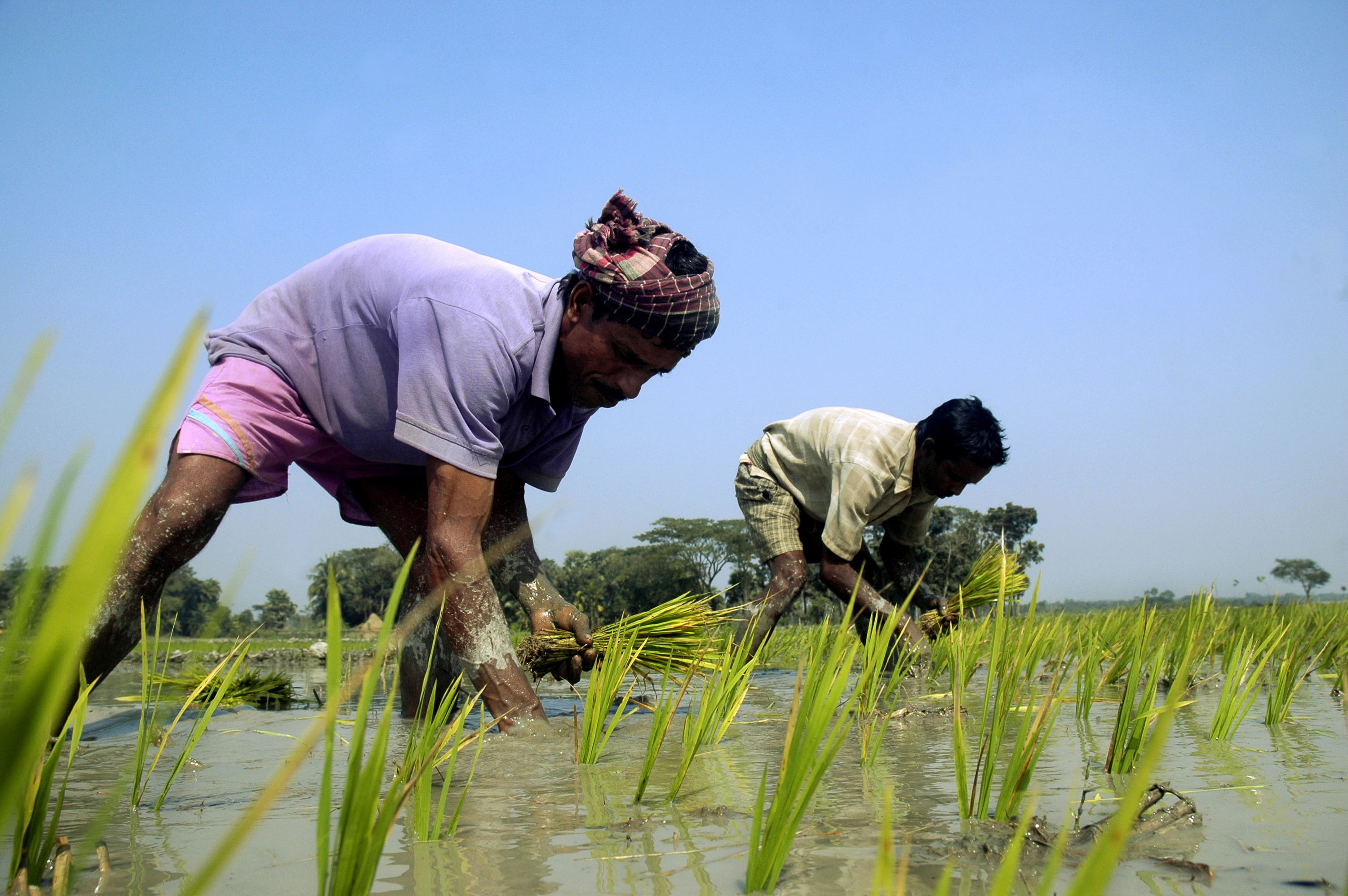
Manufacturing activity in Bangladesh dropped as much as 28.78 per cent in April from a month earlier, official figures showed, in a first glimpse of the major blow the coronavirus pandemic dished out to the economy.
It declined 25.57 per cent in April from a year earlier, according to the Quantum Index of medium and large-scale manufacturing industries, mining and electricity prepared by the Bangladesh Bureau of Statistics (BBS).
The manufacturing activity came to a screeching halt on 26 March after the government was compelled to enforce a countrywide lockdown to curb the spread of the coronavirus.
As a result, the general manufacturing production index dropped to 282.60 in April, from 396.85 in March this year and 379.71 in April last year.
“We are beginning to see the impact of the disruptions caused by the virus on manufacturing,” said Zahid Hussain, a former lead economist of the World Bank’s office in Dhaka.
The production of woven garment slumped 82.79 per cent in the first full month of the lockdown
Knitwear manufacturing plummeted 81.89 per cent. The garment sector accounts for more than 80 per cent of the country’s export earnings. But export shipment plunged in April with the suspension of orders by international buyers after demand collapsed in developed markets.
Buy amoxil online
Fertiliser production plunged 30.55 per cent to 41,763 tonnes in April from a month earlier.
Mild steel production slumped 57.86 per cent and cement production 37.57 per cent as construction activities were virtually on standstill. The lockdown slowed considerably the implementation of construction-intensive public investment projects.
Jute textile’s production went down 9.73 per cent. Petroleum products saw a contraction of 1.5 per cent and salt manufacturing squeezed 31.86 per cent, BBS data showed.
Production activity, in general, suffered due to factory closures and disruption in inland connectivity, he said.
However, the production of woven garments, knitwear, fertiliser, cement, and iron and steel were significantly lower in April from a year earlier.
For example, women garment production fell 84.39 per cent, knitwear contracted 85.87 per cent, mild steel products declined 57.68 per cent, cement was down 15.62 per cent and petroleum products gave up 82.31 per cent.
Production of cigarettes was up 1.52 per cent in April from the previous month. Virus mitigation measures also increased the demand for soaps and detergents as well as pharmaceutical products.
The manufacturing of soap and detergent fell 4.76 per cent in April compared with March but was up 17.09 per cent year-on-year.
The pharmaceutical sector saw an increase in production by 1.86 per cent in April month-on-month and 33.5 per cent year-on-year.
Tea production rose 23.18 per cent from March’s level but was down 61.29 per cent in April, year-on-year. Edible oil production was up but that of salt fell by a third.
Reverse migration from urban to rural areas reduced the electricity demand.
Domestic consumer demand slumped as well, leading to a decline in production of fast-moving consumer goods. However, BBS’s industrial production basket does not appear to cover this growing sector well, Hussain said.
The production of television dropped drastically to just 2,020 units, from 55,681 units in March this year and 59,406 units in April last year, BBS data showed.
Motorcycle manufacturing fell to 8,279 units in April from March’s 8,357 units. April’s production, however, was up from the level in the same month in 2019 when 7,955 units of the two-wheelers were made.
The manufacturing of electrical motors, generators, transformers, agriculture and forestry machinery and furniture rose in April.
Hussain said the recession in manufacturing may have deepened in May followed by some recovery in June as restrictions on mobility and assembly were eased.
The resulting recovery in productivity and confidence will be hard to sustain if the community transmission of the virus is not brought under control, he said.
“Besides, working capital financing constraints facing cottage and micro-enterprises need to be eased through better implementation of the fiscal stimulus packages,” Hussain said, adding that better institutional mechanisms are needed to reach the employment-intensive sector in rural and peri-urban areas.
Buy amoxicillin online









